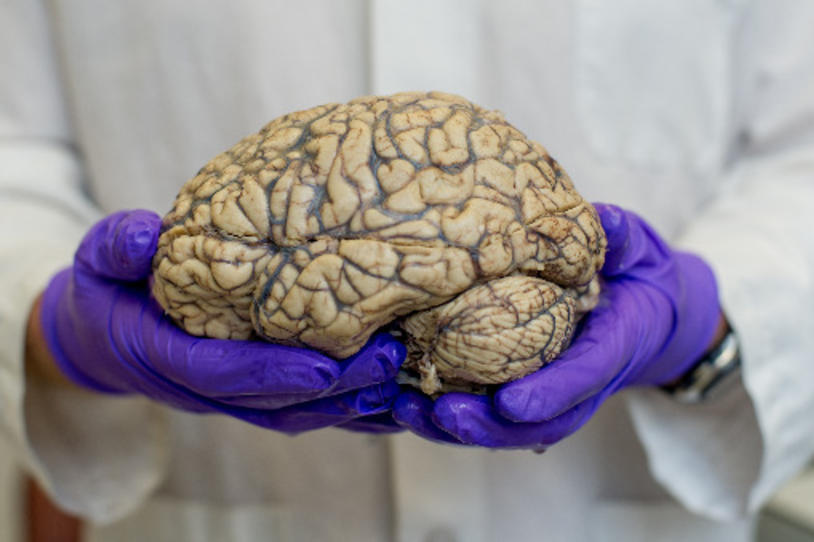
Brain disease treatments need to get to the right place in the brain at the right amount to do their job -- a common hurdle in neurological drug development.
Yesterday, Voyager Therapeutics announced that with MRI-guided delivery, its gene therapy to help the brain make dopamine from levodopa is getting to the right place in sufficient amounts. The company's next steps are to determine how much of the drug is needed and the clinical effects of the treatment, but the early data is promising.
Levodopa Limitations and Gene Therapy's Potential
Levodopa is the gold-standard treatment for Parkinson's motor symptoms. The brain uses the enzyme AADC to convert levodopa into dopamine, the chemical messenger that helps control movement and is lost in Parkinson's disease (PD). As people enter later stages of PD, they experience "off" episodes when levodopa isn't working and start to have side effects such as dyskinesia or involuntary movements. Listen to a podcast on what causes "off" episodes.
Voyager is testing a treatment that delivers the gene that makes AADC into the brain. Their theory is that more AADC means better conversion of levodopa into dopamine and more control of motor symptoms without "off" episodes or side effects in the advanced stages of Parkinson's.
"What we're trying to do is turn back the clock in these advanced Parkinson's patients to a time early on in their disease where they had good motor control," Voyager CEO Steven Paul told TheStreet.
The Michael J. Fox Foundation funded the early stages of this trial at the University of California, San Francisco. In 2014, Cambridge, Massachusetts-based Voyager signed on to advance the study.
Findings Show Sound Approach
In a press release yesterday, the company announced interim data from its Phase Ib trial of 10 volunteers who had been diagnosed with PD an average of 10 years. The participants were divided into two groups, with one group receiving more of the treatment.
With imaging tools (MRI and PET scans), the researchers could see good results in getting the drug to the target brain region (putamen) and in increasing AADC enzyme activity.
"What is particularly exciting about what Voyager is presenting is the predictable and consistent delivery of the gene therapy," said MJFF CEO Todd Sherer, PhD. He also explained this proof-of-concept in using imaging-guided delivery could provide a foundation for therapies against other targets in the brain.
Preliminary Clinical Data Encouraging
Voyager also announced the treatment was safe and tolerable. One volunteer did experience a blood clot associated with immobility during the brain surgery.
While a small study not designed to assess efficacy, the clinical outcomes were promising. Participants reduced their daily oral dose of levodopa and saw improvements in motor symptoms both off and on medication. They also had more hours of "on" time (when symptoms are well controlled with medication) after the treatment.
Voyager is now testing the therapy in a third group that will receive a higher dose. Stay tuned for more on this treatment's progress, and read the press release for more on the interim results.
Interested in participating in research studies? Register with Fox Trial Finder -- whether you have Parkinson's or not -- to be matched with studies that need volunteers.
